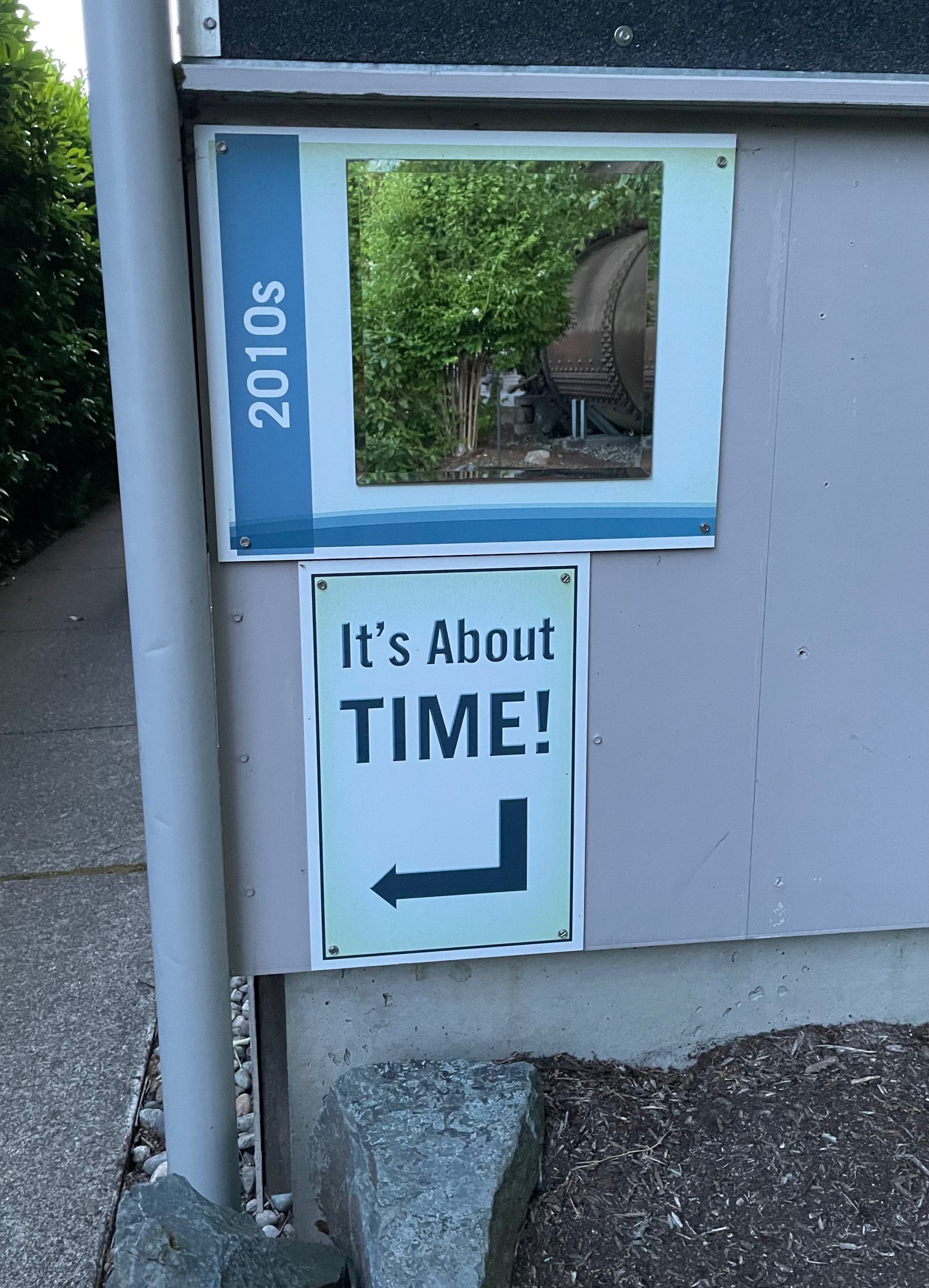 Are you wondering why everyone is talking about neurodiversity in law firms? You may be thinking, “we didn’t have ‘that’ when I started practicing law,” and that would be wrong. It was always there, but it was masked or, in some cases, tolerated. ADHD is the most common form of neurodiversity. Take a look at “My Cousin Vinny” (1992), the lead character has several of the attributes of someone with ADHD: impulsive, intuitive, creative, misses social cues, pushes the boundaries, hyperfocused and slow processing speed.
Are you wondering why everyone is talking about neurodiversity in law firms? You may be thinking, “we didn’t have ‘that’ when I started practicing law,” and that would be wrong. It was always there, but it was masked or, in some cases, tolerated. ADHD is the most common form of neurodiversity. Take a look at “My Cousin Vinny” (1992), the lead character has several of the attributes of someone with ADHD: impulsive, intuitive, creative, misses social cues, pushes the boundaries, hyperfocused and slow processing speed.
Hollywood stories often feature the down and out lawyer with substance abuse problems (high comorbidity with untreated ADHD), a history showing a lack of impulse control, forgetfulness, distractibility, yet who persists in ferreting out the injustice (justice sensitivity) and solves the case through their creativity and outside of the box thinking. Those characters resonate because there was an element of truth to them. Once you understand what ADHD looks like, you can look back and realize that some of the attorneys you encountered over time were showing ADHD symptoms.
There are six reasons why we’re talking more about neurodiversity, and ADHD in particular, in the legal profession today.
Research advances
Medical advances.
The science behind ADHD has advanced so much in the last 30 years that doctors have better tools and training to diagnose it. Plus, researchers have recognized that ADHD is not a disorder limited to children, but persists throughout life. In addition, new medications have made it easier to treat ADHD without adverse side effects.
Public Education.
Educators, medical professionals, mental health organizations and organizations like ADDA and CHADD, have educated the public about ADHD and treatment options. Plus, in 2016, the ABA noted that 12.5 % (that’s 1 out of 8) lawyers admit to having an ADHD diagnosis.
The law firm environment has changed and become less ADHD-friendly
Lack of support staff.
Back in the day, there were more legal secretaries to support lawyers. These secretaries were experienced, often college-educated, smart professional assistants who typed legal documents, proofread them, keep track of calendars, made appointments, maintained filing systems, made travel arrangements etc., reviewed incoming correspondence and sometimes drafted routine replies. Now, in many firms, those tasks fall on the lawyers who don’t have the necessary training, or administrative skills. Lawyers can no longer hide behind their secretaries. Masking became that much more difficult.
The billable hour.
Over the years, the billable hour has come to dominate the legal profession. Billable hour requirements have, in many cases passed the 1800 hour threshold threatening attorney wellness. Moreover, some firms have decreased the types of work activities that can be credited toward fulfilling the billable hour requirement. So, in essence law firms expect attorneys to bill more hours with fewer activities being credited as billable. Sleep is one of the keys to managing ADHD. There is something wrong with our profession when getting 8 hours of rest each day became an accommodation for attorneys with the “disability” of ADHD.
24-hour On Call.
It used to be that when an attorney left the office, their work day was generally over. Before cell phones proliferated, after hours calls rarely occurred. Now, attorneys are reachable 24/7 via their mobile devices. Some law firms and their clients expect attorneys to respond at all times of the day every day. Neurodiverse attorneys need to recharge. Specfically,  they need the down time to sleep, exercise, meditate, connect with others and just simply be quiet.
they need the down time to sleep, exercise, meditate, connect with others and just simply be quiet.
Gen Z.
Virtually everyone knows someone who is neurodiverse and is successful. Gen Z knows that with a supportive environment, every neurodiverse attorney is capable of succeeding. They are driving the conversation. How will you respond?
Partner Up can help you make a positive contribution to the conversation about neurodiversity at your law firm through its coaching and continuing education services. Specifically, we can coach managers on how to manage neurodiverse staff, we can coach neurodiverse staff on strategies to deal with their challenges in the legal workplace, and we train managers and staff on neurodiversity. Our training has been approved for CLE.
If you are interested in learning more, email rosemary@partnerupcoaching.com


0 Comments